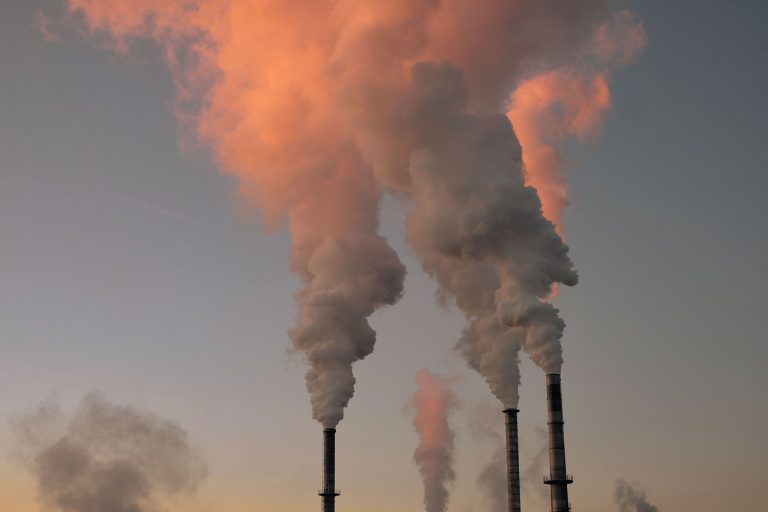Involvement
Hydrogen power is an ideal solution for clean, efficient, and low-emission energy in transportation and industries. Nepal has a significant surplus of hydroelectricity, which presents a unique opportunity to produce hydrogen domestically and reduce the country’s reliance on fossil fuels. The Nepal Electricity Authority (NEA) has signed Power Purchase Agreements (PPA) for the capacity of 6 GW, which is estimated to provide surplus energy of around 3 GW by 2030, with 1,500 MW available within 1-2 years. Instead of exporting this surplus electricity at a minimal price, Nepal can use it to generate hydrogen at a cheaper price than international markets. This will not only bring economic benefits but also enhance Nepal’s energy security and position in the regional energy trade.
The production of hydrogen would be cheaper in Nepal than in other countries.

Transportation
Hydrogen can be used in two ways to power vehicles. The first way is through a hydrogen fuel cell engine that uses the chemical energy of hydrogen to produce electricity and run the vehicle, reducing harmful emissions. The second way is through an internal combustion engine that can be modified to run on hydrogen. Although it emits no CO2 and minimal NOx, the conversion process is affordable and quick, making it ideal for countries like Nepal. This is a greener way to power vehicles such as cars, buses, and trucks. Once the hydrogen runs out, the vehicle will continue to run on diesel or petrol until refueled. RenewGen Resources is working on implementing these technologies in Nepal, collaborating with internationally recognized experts initially on a pilot or research scale and later on a commercial level.

Industries
Hydrogen can be used in the iron and steel industry as a fuel and a reducing agent. It can replace coke, which is currently used and is a major contributor to CO2 emissions. Hydrogen can also be used to produce methanol, which is a building block for other chemical compounds, fuels, and additives.When used as a reducing agent, hydrogen reacts with iron oxide to produce iron and water. This process does not produce any CO2 emissions. Hydrogen can also be used to fuel electric arc furnaces, which are a more energy-efficient way to produce steel than blast furnaces.The use of hydrogen in the iron and steel industry has the potential to reduce CO2 emissions by up to 90%. This would make a significant contribution to the global effort to reduce greenhouse gas emissions and combat climate change.

Ammonia and ‘green’ urea
Hydrogen is utilized in the production of ammonia, which is a vital component of various household cleaning products such as ammonium hydroxide. In industries, ammonia serves as a refrigerator, purifier, and chemical stabilizer. Hydrogen is mainly used as feedstock to produce ammonia, which is primarily utilized as fertilizer. Since the agricultural sector contributes almost a quarter of Nepal’s GDP and supports the livelihood of the majority of the population, the manufacture of “green urea” can have significant economic and political implications. RenewGen Resources is working on this project to make it a reality in Nepal.